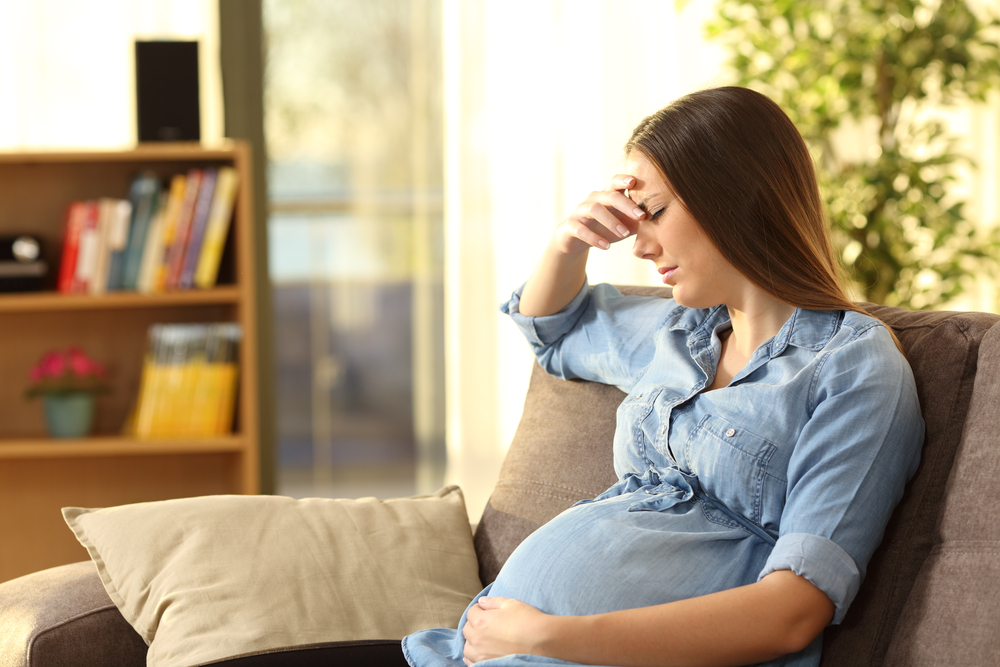




How COVID-19 affected fertility
How COVID-19 affected fertility
Scientists at the University of Florence have assessed the impact of the coronavirus pandemic on fertility. Italian scientists believe that the pandemic will not lead to an increase in the birth rate. The quarantine measures have affected the way of life of the people. Pandemic measures increase anxiety, which affects couples’ relationships and decisions to have a child.
However, COVID-19 does not appear to pose a serious threat to the fetus, the researchers say. Intrauterine transmission of the virus is highly unlikely. However, pregnancy weakens the immune system and the woman can suffer from other infections, so doctors advise everyone to get vaccinated. Pregnant women who are at increased risk of contracting COVID-19 (such as healthcare workers) or who have health problems that increase the risk of serious illness may be vaccinated after consulting their doctor.
During the period of the Coronovirus threat, a future mother should not forget about other important health factors, such as the Rh disease. Rh disease occurs when an Rh-negative mother carries a baby with Rh-positive blood. This can happen if the child’s father is Rh positive.
Rh disease can seriously affect the health of the fetus, so the expectant mother must take timely measures to prevent it. First of all, a woman should know her Rhesus factor and blood type, the Rh factor of the child’s father and should contact her doctor.

